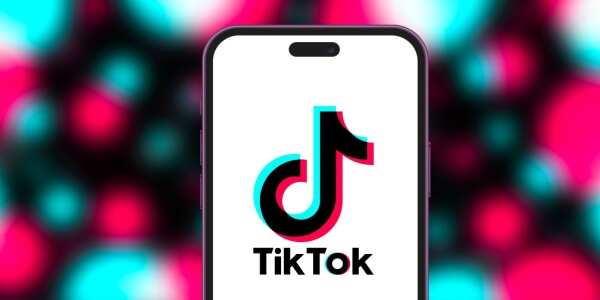TikTok’s U.S. Shutdown: What It Means for Creators and Their Livelihoods

The decision to ban TikTok in the United States has sent shockwaves through the digital world, leaving millions of American creators and businesses scrambling for answers. With over 150 million users in the U.S. alone, TikTok has been more than just a platform for dance trends and viral challenges—it’s become a primary source of income for influencers, marketers, and small businesses. As the app faces an impending shutdown over concerns about national security and data privacy, creators are left to grapple with a daunting question: What happens now?
Why TikTok Is Being Banned
The U.S. government has raised serious concerns about TikTok’s parent company, ByteDance, and its alleged ties to the Chinese government. Lawmakers argue that the app poses a significant risk to national security, citing fears that American user data could be accessed or exploited by foreign powers. Despite TikTok’s repeated denials and offers to store U.S. data domestically, bipartisan pressure has grown, and a full ban is now looming.
For the government, this decision is framed as a necessary measure to protect American interests. For creators, however, it feels like the rug is being pulled out from under them.
The Impact on American Creators
TikTok’s shutdown could be catastrophic for creators who have built entire careers on the platform. Many influencers have monetized their content through brand partnerships, live streams, and the platform’s Creator Fund. For some, TikTok revenue accounts for their full-time income, with top creators earning six or even seven figures annually.
Small businesses have also thrived on TikTok, leveraging its algorithm to reach niche audiences in ways that traditional advertising often can’t match. From custom jewelry makers to local coffee shops, TikTok has provided a cost-effective way to market products and connect with customers.
But with the platform facing a shutdown, creators and businesses are left wondering: what’s next?
Where Will Creators Go?
As TikTok teeters on the brink, many creators are exploring alternative platforms to rebuild their audiences and income streams. While no single app can fully replicate TikTok’s unique algorithm and reach, several contenders have emerged as potential refuges:
- Instagram Reels: Many creators are doubling down on Instagram’s short-form video feature, which offers similar tools for editing and sharing content. With its established user base and connection to Facebook, Reels is an attractive option for creators seeking a stable alternative.
- YouTube Shorts: YouTube’s answer to TikTok has gained traction, offering a monetization system that creators are already familiar with. The platform’s established credibility and global reach make it a viable option for influencers looking to pivot.
- Snapchat Spotlight: Snapchat’s short-form video feature provides another opportunity for creators to share content and earn revenue. While it hasn’t reached TikTok’s popularity, it’s a platform with potential for niche audiences.
- Newcomers: Apps like Triller, Clapper, and Lemon8 are positioning themselves as TikTok alternatives, actively recruiting creators and investing in features that mimic TikTok’s appeal.
A Shift in Monetization Strategies
For many, the shift away from TikTok will also mean rethinking how to monetize content. Instead of relying solely on platform-specific revenue, creators are exploring options like:
- Patreon and Substack: Subscription-based platforms allow creators to earn directly from their most loyal fans.
- Merchandising: Selling branded products offers an independent revenue stream that isn’t tied to any single platform.
- Brand Partnerships: Creators are focusing on diversifying their collaborations to include multiple platforms and formats.
What Lies Ahead?
While TikTok’s shutdown may mark the end of an era, it also underscores the importance of adaptability in the digital age. Creators and businesses that can pivot to new platforms and diversify their income streams will be better positioned to weather the storm.
Still, the potential loss of TikTok represents more than just a business challenge—it’s a cultural shift. For millions of Americans, TikTok has been a source of creativity, connection, and opportunity. As the app fades from the U.S. digital landscape, its absence will leave a void that no single platform can entirely fill.









